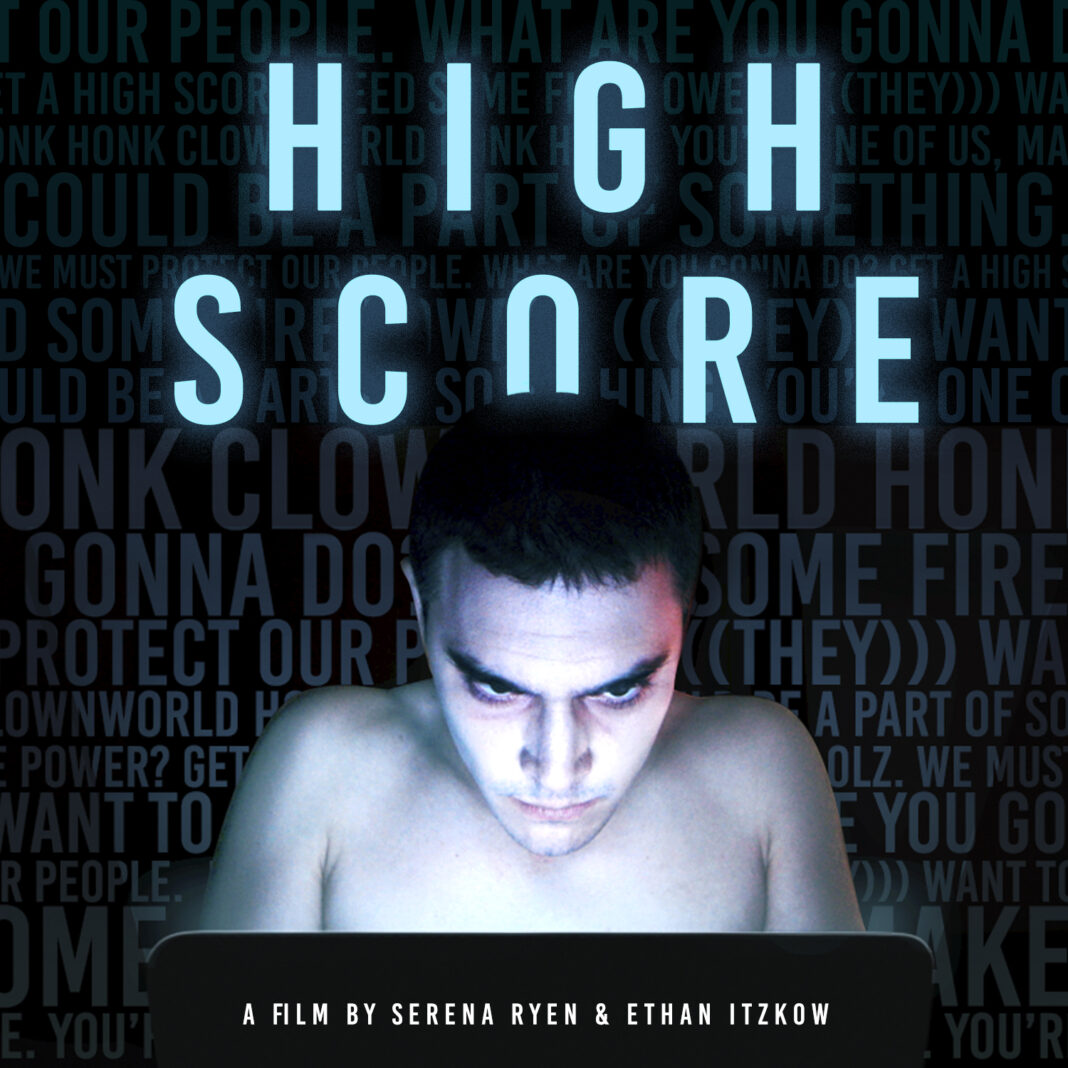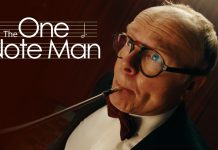One of the most talked-about shorts of the year is Serena Ryen and Ethan Itzkow’s HIGH SCORE, the genuinely discomforting tale of a sad and lonely man whose rage manifests itself against the world.
Film And TV Now spoke with the team as they reflected on the film and its’ impact.
FILM AND TV NOW: This short has a story that certainly provides a clarity for a specific character who misunderstands and misinterprets everything he sees in the world. What was your start-off point for the short?
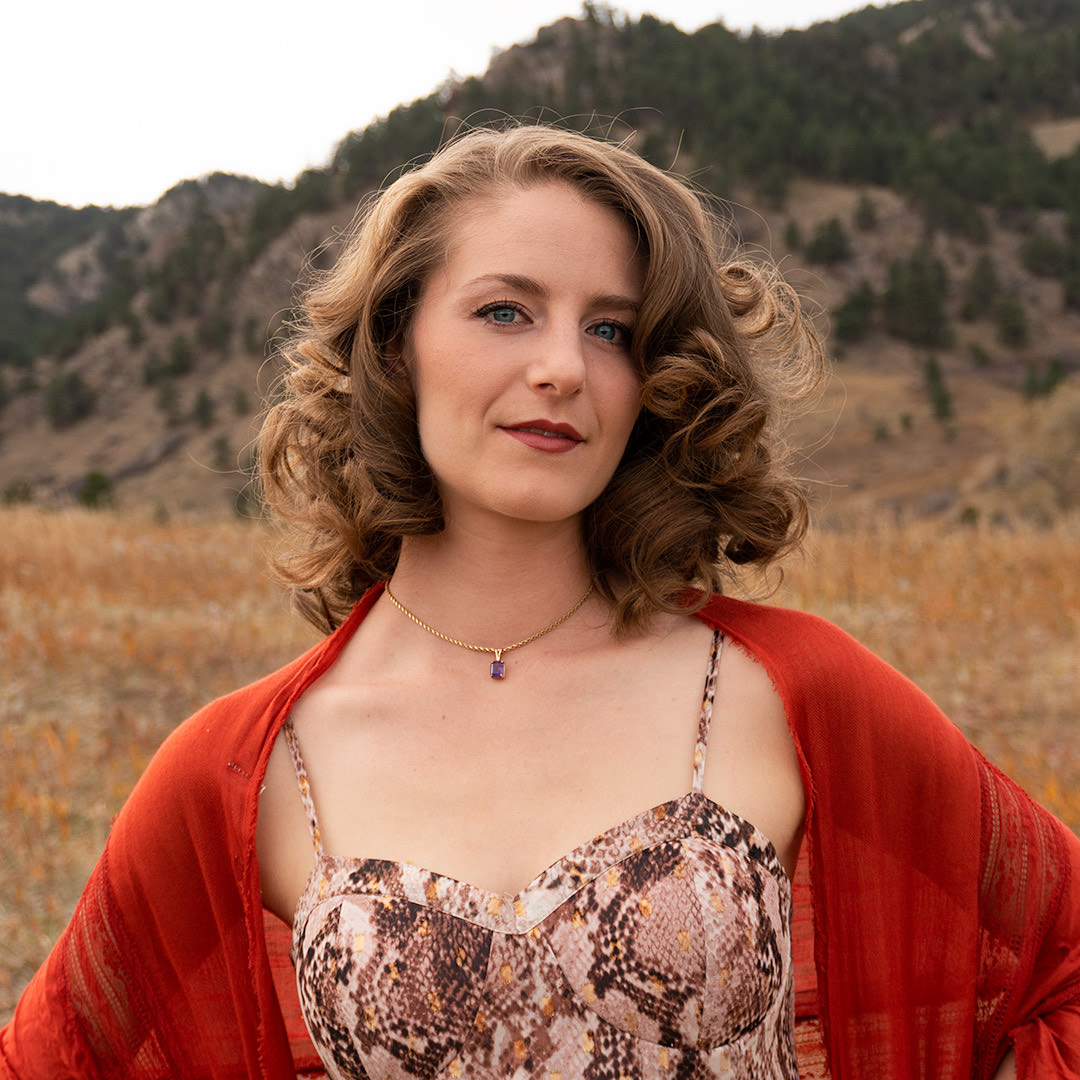
SERENA RYEN: We were in Los Angeles for the West Coast premiere of our first film “CASHED” when the Poway synagogue shooting occurred just a couple of hours away. Ethan noticed that it was six months to the day after the Tree of Life massacre had happened in Pittsburgh, Pennsylvania. (That shooting was the deadliest single attack on Jewish people in American history.)
We both felt like the increase in shootings by domestic terrorists (and these two specifically) were related in some particular way but we weren’t certain what the connective tissue was. Later that night, “CASHED” won an award at the festival and the prize was a camera package. I remember we were both like “Well I guess we’re making another movie!” but we were still wrestling with the feelings and fears about those shootings.
Ethan turned to me and said “I want to make a film about hate.” So we started a period of intense research and discovered that our initial gut feeling had been right: those two shootings, plus a third massacre in El Paso the same year and the Christchurch mosque shootings in New Zealand, were all tied together by the anti-Semitic conspiracy theory called The Great Replacement, which we went on to explore in the film.
In particular, we learned that the real-life perpetrators of these attacks were all bound by common circumstances, and the most common of all was their social media use and how they were becoming radicalized to this conspiracy theory over the internet.
FTVN: Have you ever experienced the reactions of a character like the one in this film?
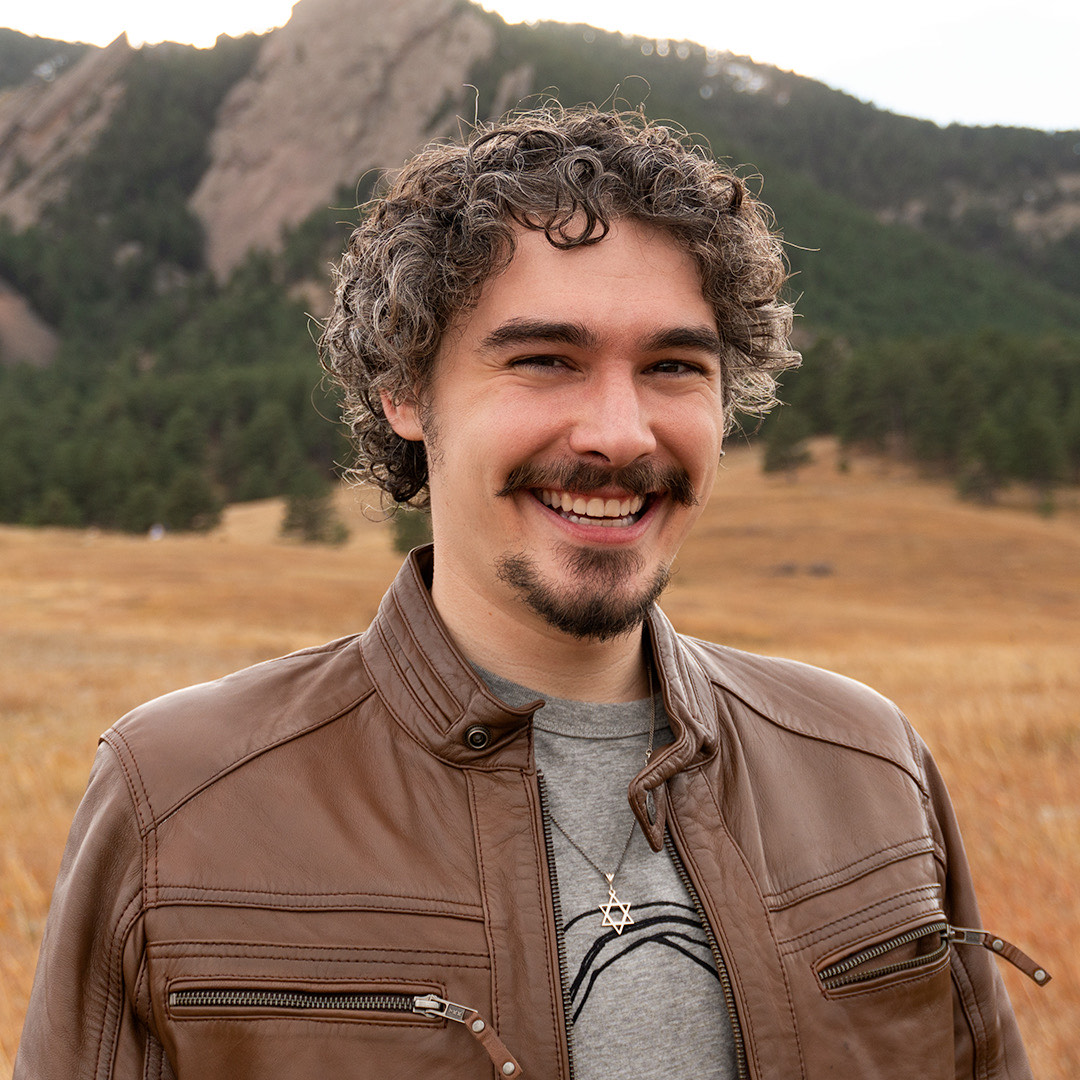
ETHAN ITZKOW: Unfortunately, yes. The encounter I’m thinking of was bizarrely coincidental. Serena and I were in Mexico City while we were finishing up pre-production for the film and finalizing the script, and after a long work session we went for a walk to clear our heads.
After a while, we ended up in front of the city’s Holocaust museum and right out front was a book seller with some, let’s say, unsavory titles on the shelf. The “greatest hits” of antisemitic conspiracy theories had their own dedicated book case. We were really confused, and since I’m near fluent in Spanish, I decided to inquire, thinking that maybe the young vendors were unaware of the books’ intentions and histories.
But as it turned out, the book seller was not at all ignorant about what he was selling and, in fact, was a vocal supporter of the books’ antisemitic messages. It devolved into a screaming match in the middle of the street, while I tried to debunk the lies and chastise the seller for knowingly proliferating them and Serena attempted to appeal to his dignity and humanity.
SR: Eventually, it became clear that this dude was so entrenched in his prejudice that we were just wasting our time. But as we walked away, we realized that interaction was almost exactly like a scene we had just written for “High Score” – it was nuts! We were like “Well that was a huge bummer but I guess it means we’re on the right track.”
EI: Besides this really out-there encounter, there are the smaller moments I’m sure so many people can identify with. A racist joke quickly excused, a casually sexist comment in the workplace, etc.
We wanted to show that these ideas start off small, with what a lot of people would consider “innocuous” behavior, but really they’re the roots that allow white male supremacy to grow. The character in the film doesn’t harbor these ideas because he’s innately “bad.”
We meet him when he’s vulnerable and isolated, which makes him especially susceptible to this type of brain washing, but these dangerous ideas are everywhere and have been amplified by the media, especially social media, and by our culture at large.
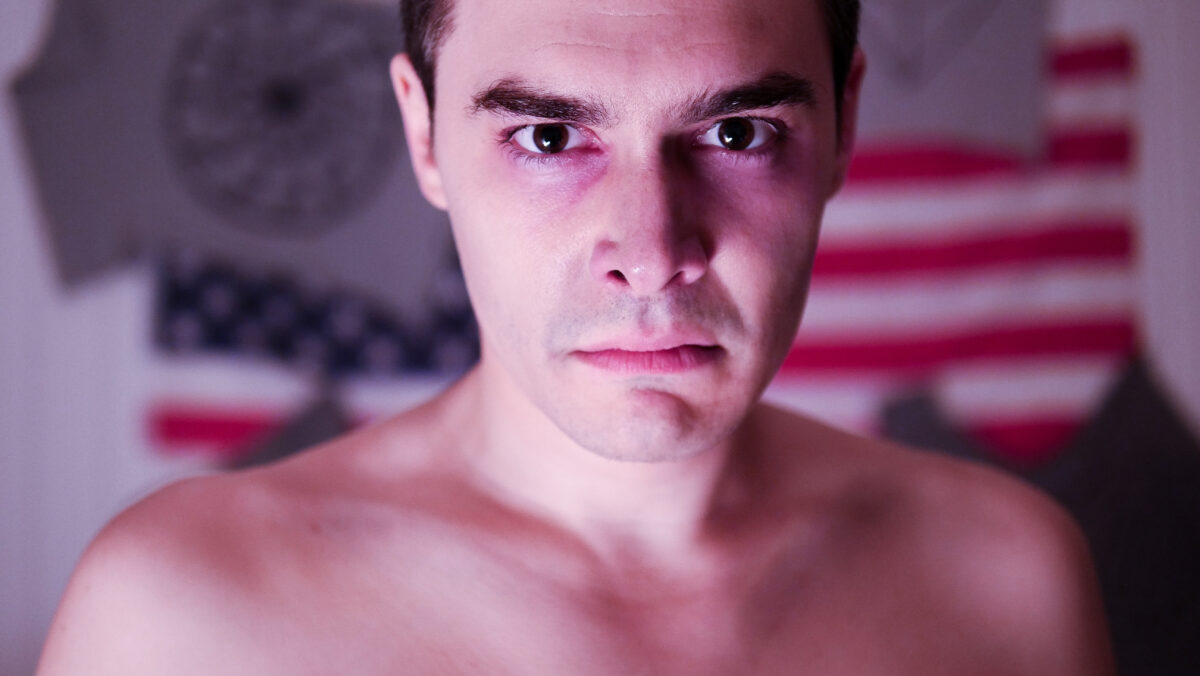
FTVN: The world seems very wounded at the moment with one thing or another, but there is more desire to have a dialogue about the cause, consequence and after-effects which we have seen in light of the George Floyd tragedy and ‘BLACK LIVES MATTER’. What would you say are the priorities to get America, for example, back on its’ feet as a nation?
EI: A collective reckoning with our history, to start. The United States was founded on a genocide of the indigenous population, then enslaved an entire race of people for unparalleled economic gain, and has never made any true effort to right those wrongs.
I love this country, dearly; it’s why I wanted to make this film. Our idea of patriotism is to want better for our country. We need an honest appraisal of our history and the roots of our problems. There’s a collective forgetting baked into our culture that needs to end in order for us to have a new beginning modeled on the supposed ideal of our founders: that all people are created equally.
Maybe we’ll get there when we finally recognize that the United States currently does not view or treat all people as equals.
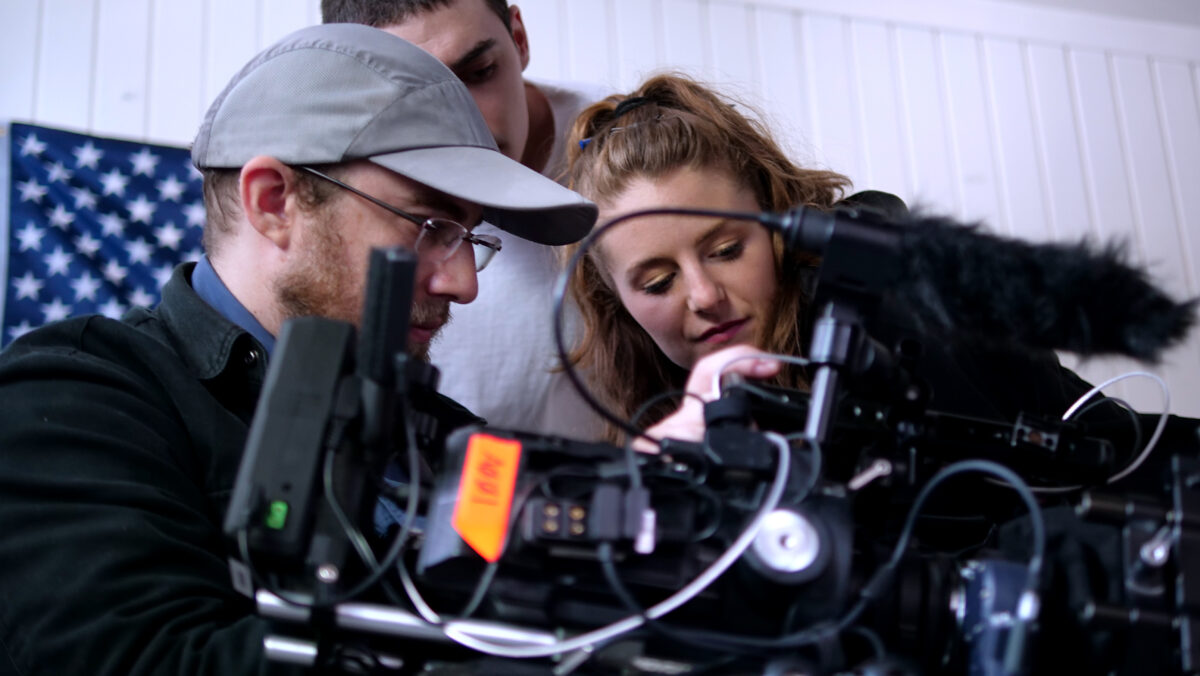
FTVN: When doing your research for the project on the Internet, what were the most shocking things you discovered?
SR: Oh man, that’s tough. We read so much horrifying material. We did a lot of deep diving into sites and private chat programs where borderline extremists hang out. Most of these groups require anonymity, which makes the participants feel that much more free and empowered.
That’s when some of the most frightening sides of humanity show up. Sometimes it even made me physically sick. I remember I was reading a novel (the name of which I won’t repeat here so as not to further proliferate its violent ideas) that was published in the wake of the Civil Rights Movement and which has been quoted by convicted perpetrators of white supremacist attacks in their manifestos.
The book paints a violent, white supremacist character as an American hero and describes in graphic detail his brutal murders of Jewish characters, black characters, female characters. The way in which the author describes these nauseating, viscerally horrifying murders as courageous and the pinnacle of American patriotism gave me a minor panic attack and I had to take a long break before I could continue.
EI: What’s equally shocking is that these ideas come right out of the mouths of television personalities on mainstream media networks. They’re in speeches given by elected officials like Donald Trump and Louie Gohmert.
It’s shocking to me to realize how much of what I heard around me as a child was racist nonsense based on the same rhetoric and ideas as Nazism. I implore anyone watching the film to think about where they might have seen and heard these things before; it’s not as far away from ourselves as we may think.
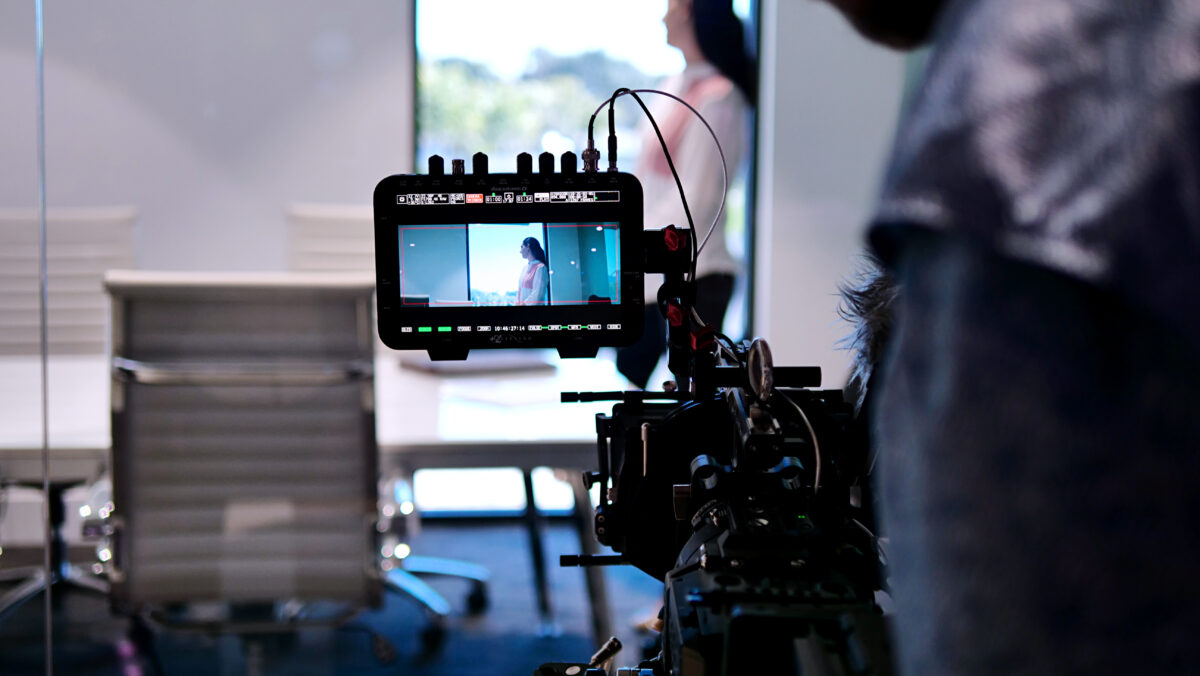
FTVN: Tell us about your cast.
SR: Our cast and crew were phenomenal. Ethan plays the main character in a completely transformative performance and for which he won Best Actor at the Chelsea Film Festival.
You can also see Ethan in the hit Netflix series “YOU” starring Penn Badgley. The cast also includes wonderful actors Jillian Ferry (Daytime Emmy-nominated series “Bronx SIU”), Noam Shapiro (“Better Than My Last”), and Briza Covarrubias (“Magic Hour”).
FTVN: Tell us about your production team.
SR: We worked with a pretty small team, as far as film crews go, but man were they passionate and effective as hell! It was important to us to fill our team with artists from communities targeted by white supremacy and they all brought so much energy and creativity to the process.
I feel constantly indebted to the kickass artists who have made this movie possible. Our team of producers have also been amazing: Hayley Hogan, Jessica Sharples, Carlotta Summers, and Ester Jiron.
Also, our Director of Photography Jorge Arzac is a genius and any filmmakers reading this should hire him for their projects. We also collaborated with Jorge on our first film “CASHED,” for which Jorge won Best Cinematography at CICHFF. Folks can watch that film on Amazon Prime Video to see more of Jorge’s stunning and inventive work.
FTVN: Where did you shoot and for how long?
EI: We shot in Los Angeles for four days. We had done the entire writing and pre-production process remotely while we were traveling throughout South and Central America with another project, so we finished pre-production in Mexico, met our team in Los Angeles, and then flew immediately back to New York after production. It was a whirlwind of a process.
FTVN: How did you raise finance for the short?
EI: Production was entirely funded by private investors.
FTVN: Sometimes there is a misinterpretation of specifics like ‘extremism’, ‘fascism’ and ‘racism’. Are there plans to show this short in schools and universities to highlight those very issues that are dominant in some ways in the world?
SR: We would love that! We’ve thought since the beginning of our process with “High Score” that it could be a great educational resource for university students or seniors in high school to learn about the dangers and distinctions of racism in the digital age. The film is currently going through festivals and any interested distributors can get in touch with us at highscoreshortfilm@gmail.com.
FTVN: Do you think that the short could provide some reflection and context for those in the US Congress?
EI: I would certainly hope so, especially considering some members of our congress make an appearance in the film.
Maybe those members of our government won’t see how their words and actions are hurting real people in the real world, but at the very least we hope anyone watching the film will make the connection between their dangerous political rhetoric and its racist origins.
It should be universally unacceptable for any member of our government to spread a racist conspiracy theory, period. Americans have been killed all over the country because of this type of language.
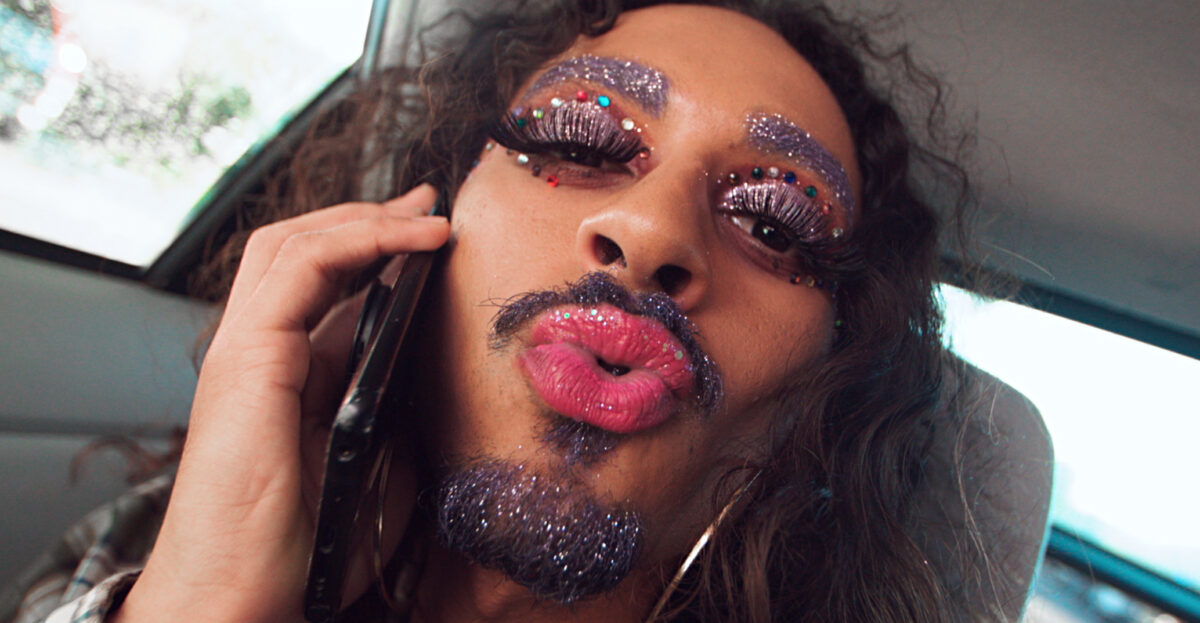
FTVN: What has the overall reaction been on the festival circuit?
SR: Really great so far! So many people have reached out to let us know how much it resonates with them. It’s been heart-warming and gratifying, to say the least, although we wish this film wasn’t relevant at all.
We had our world premiere with the Chelsea Film Festival (called a top 10 Best Film Festival by USA Today) last month, where we won the jury awards for Best Short Film and Best Actor (for Ethan). “High Score” is also an official selection of the 16th Annual Oscar Qualifying HollyShorts Film Festival. It will make its West Coast premiere in their online festival on November 16th and will be available to watch until November 22nd. Tickets for that event are available here.
FTVN: How has COVID-19 affected your development and evolution as a film-maker?
EI: Our pre-production process had already been done remotely and the film was shot before the pandemic started, but COVID-19 forced us to also do post-production entirely remotely.
We’ve become masters of teleconferences and file transfers. I don’t really see that changing very much in the immediate future, so we’ve become much more competent in terms of technology and have leaned even harder into the DIY nature of independent film.
We’re also exploring animation as a medium, not only because our producer Hayley Hogan and I have a deep love for it, but also because it’s a pretty pandemic-proof way of creating that doesn’t have to put anyone at risk of getting infected in order to make it.
We’re hoping the coming change in government and a potential vaccine allows us to resume a more traditional way of creating, with busy sets and bursting krafty tables.
FTVN: Finally, what are you most proud of about the short?
EI: I’m most proud that we tried from the very beginning to make sure we treated this material with care, nuance, and compassion. There was a big fear when we started making “High Score” that white supremacists would find solace in the story-line and identify with the main character (which happened to some degree when “Joker” came out last year), rather than a call for self-reflection and change.
We were also concerned about using certain imagery and text in the film. We really didn’t want this movie to become just another propagator of hate speech. That all weighed on us from the first draft to the final cut and I’m relieved the reception of the film so far has proven that wrestling with those questions was an effort well made.
SR: I second that. I’m also just so proud of the film itself and the people who’ve made it with us. It’s not easy to live with this kind of story for so long and the tenacity and love that our team has poured into this project has been indescribable. It’s an unbeatable feeling to know that something you’ve created with people you care about is making a positive impact in the world.


